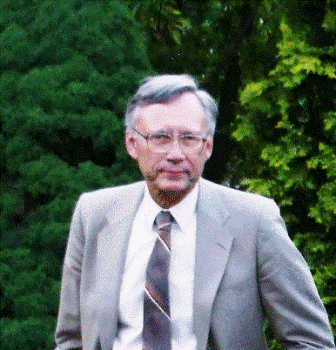Year: 2013 Pages: 1
The practice of defining physics properties in terms of the indefinable properties of their empirical evidence is introduced. An indefinable property is one that cannot be defined in terms of pre-existing properties. All empirical evidence consists of patterns in changes of velocities of objects. Change of velocity with respect to time is acceleration. Acceleration is defined using just the two properties of distance and time. There are no properties pre-existing distance and time. Mass is defined from these empirical properties only. It is through units that properties are represented in physics equations. The units of acceleration are meters/second2 consisting only of meters and seconds. The units of mass are re-defined as a combination of meters and seconds. All units of mechanics are definable from those of mass, distance, and time. Therefore, all units herein are defined using combinations of meters and seconds only. Results are presented. Thermodynamic entropy, which Clausius defined in a precise ideal manner, is precisely explained. The physical meanings for both Boltzmann’s constant and the universal gas constant are explained. The two expressions for the fine structure constant are unified which, by virtue of one definition’s dependency upon constants from each of the major theoretical groups, extends fundamental unity to all physics. A universal increment of time is introduced. A principle of conservation of acceleration is proposed. Theory, the practice of inventing substitutes to fill in for lack of knowledge, is removed from the equations of physics. The math used is algebraic manipulation of incremental values.


